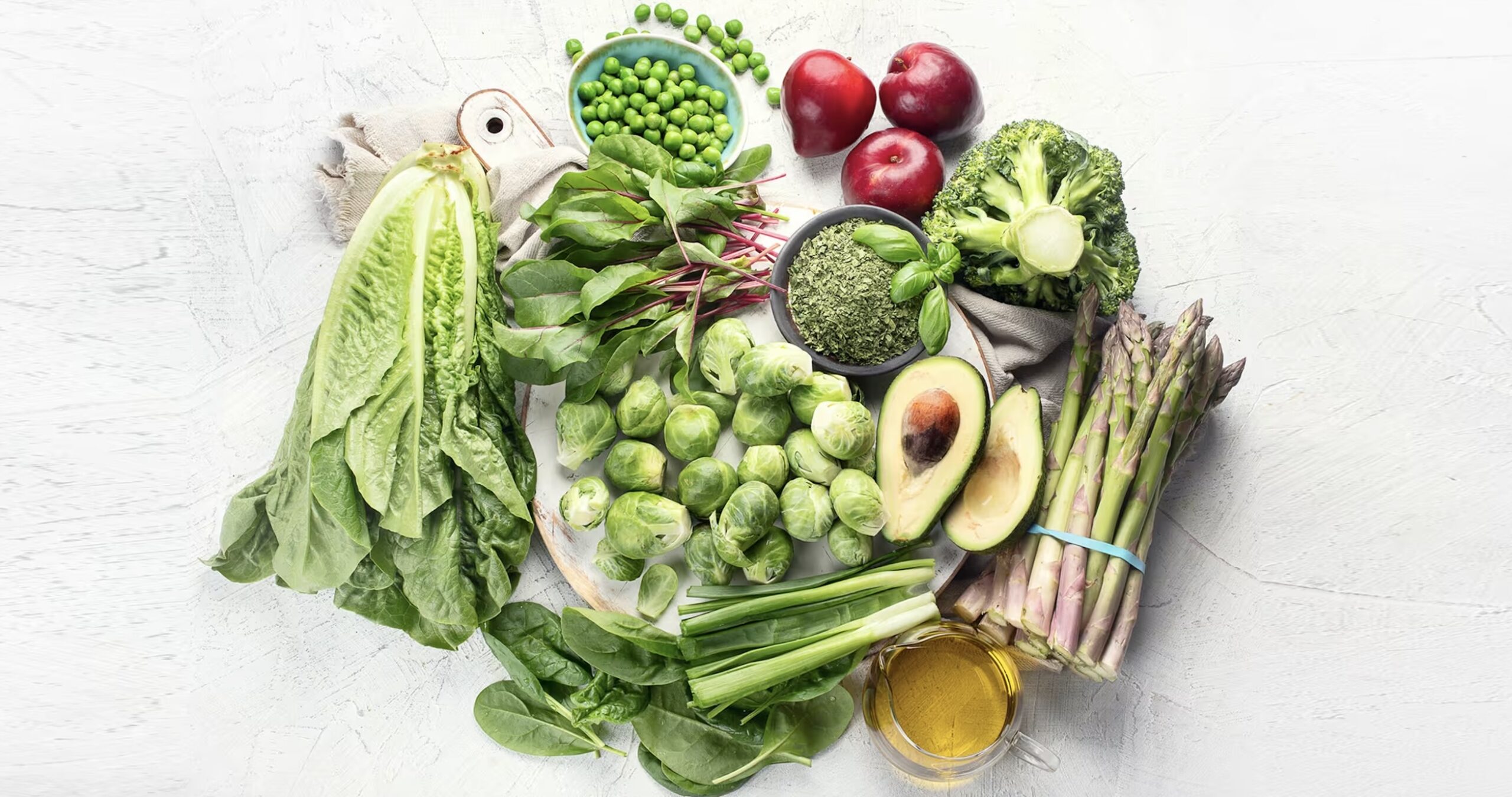Health Benefits of Vitamin K
What are the health benefits of vitamin K?
Vitamin K is a fat-soluble vitamin that plays a critical role in blood clotting, bone metabolism, and other important bodily functions. Here are some key health benefits associated with vitamin K:
- Blood clotting: Vitamin K is essential for the synthesis of several proteins involved in blood clotting, including prothrombin. Without vitamin K, blood clotting would be impaired, leading to excessive bleeding.
- Bone health: Vitamin K is involved in the metabolism of bone proteins and helps regulate calcium balance in bones. Adequate vitamin K intake is associated with a reduced risk of bone fractures and osteoporosis.
- Heart health: Some studies suggest that vitamin K may help reduce the risk of cardiovascular disease by preventing the calcification of arteries, which can lead to atherosclerosis and other heart-related issues.
- Brain health: Vitamin K may play a role in brain health and cognitive function, although more research is needed to understand the exact mechanisms involved.
- Cancer prevention: Some research suggests that vitamin K may help reduce the risk of certain types of cancer, including liver cancer and prostate cancer, although more studies are needed to confirm these findings.
- Skin health: Vitamin K is sometimes used in skincare products for its potential to reduce the appearance of bruises and dark circles under the eyes.
- Immune function: Vitamin K may play a role in supporting immune function, although more research is needed in this area.
It’s important to note that vitamin K deficiency is rare in healthy adults, as the vitamin is found in many foods and is also produced by bacteria in the intestines. However, certain medical conditions or medications can lead to vitamin K deficiency, which can have serious health consequences. If you have concerns about your vitamin K status, it’s best to speak with a healthcare provider.
What are the health risks of vitamin K?
Vitamin K is generally considered safe when consumed in recommended amounts from food sources and supplements. However, excessive intake of vitamin K is rare and is not associated with significant health risks in healthy individuals.
For most people, consuming vitamin K from foods is safe and beneficial. However, individuals taking anticoagulant medications, such as warfarin (Coumadin), should be cautious about their vitamin K intake, as vitamin K can interfere with the action of these medications. It’s important for individuals on anticoagulant therapy to maintain a consistent intake of vitamin K and to consult with their healthcare provider before making any significant changes to their diet or vitamin K intake.
In rare cases, individuals with certain medical conditions or genetic disorders may be at risk for vitamin K deficiency, which can lead to bleeding disorders and other health issues. If you have concerns about your vitamin K status, it’s best to speak with a healthcare provider.
What foods are rich in vitamin K?
Vitamin K is found in a variety of foods, particularly in green leafy vegetables and certain other vegetables. Here are some foods that are rich in vitamin K:
- Green Leafy Vegetables: Kale, spinach, collard greens, and Swiss chard are all high in vitamin K.
- Broccoli: Broccoli is a good source of vitamin K.
- Brussels Sprouts: Brussels sprouts are rich in vitamin K.
- Cabbage: Cabbage, particularly red cabbage, contains vitamin K.
- Green Beans: Green beans are a good source of vitamin K.
- Spring Onions: Spring onions, also known as scallions, contain vitamin K.
- Parsley: Parsley is rich in vitamin K.
- Basil: Basil is another herb that contains vitamin K.
- Lettuce: Leafy varieties of lettuce, such as romaine lettuce, contain vitamin K.
- Asparagus: Asparagus is a good source of vitamin K.
Including these foods in your diet can help ensure an adequate intake of vitamin K.




